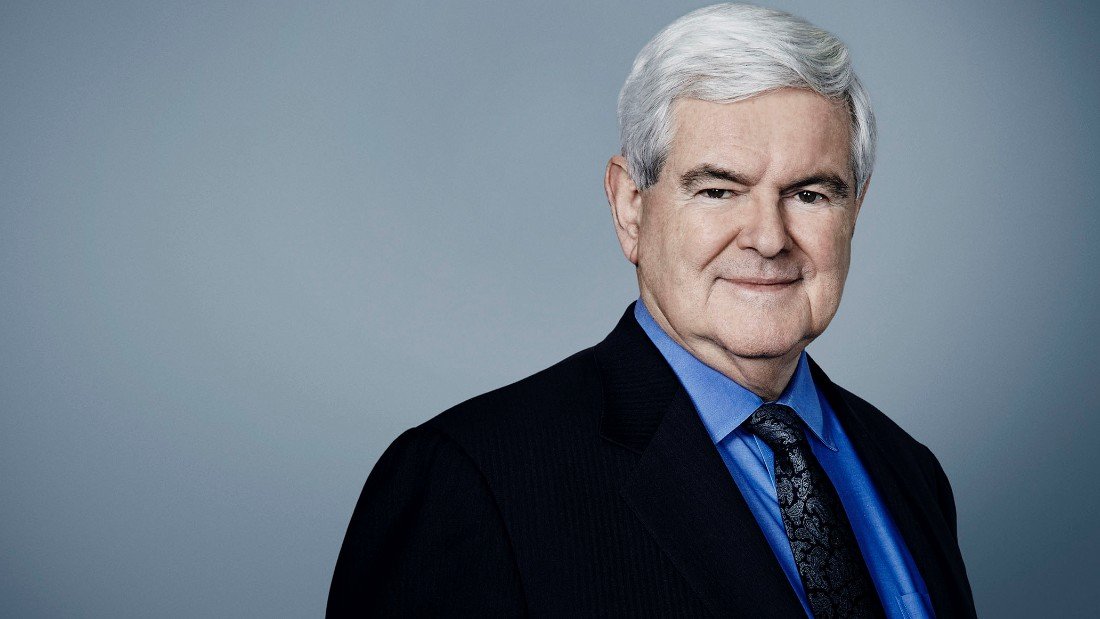
Dr. Sanjay Gupta: A New Way to Heal
Doctors have long prescribed pills and procedures. But for some people, that isn’t enough. Sanjay sits down with Julia Hotz, author of The Connection Cure, to explore the…
Thought Leader: Sanjay Gupta

By Newt Gingrich (Original source Fox News)
“For decades, American leaders have accepted a fantasy version of China.
We believed that China is a fragile, peaceful, developing country that is trying to shed outdated, backward policies and philosophies. We believed China wanted to participate in global markets and ultimately become freer and more open.
We believed all of this because it was our strategy for avoiding potential future conflicts with the massive, ancient and reemerging power. Simply put, if the Chinese leadership evolved away from being an oppressive communist totalitarian dictatorship – and played by the same rules on the world stage – we could all get along and mutually benefit.
The Chinese Communist Party, which has had complete control over China since 1949, has allowed us to believe these things because it has been a part of its strategy for consuming, overwhelming and defeating any entity that threatens the ultimate power and control of the party.
As China’s market opened to the world, many of our businesses (and those of other nations) invested heavily in its enormous economy. And our supply chains became increasingly dependent on cheap Chinese manufacturing and labor.”
Click here to say more
Dr. Sanjay Gupta: A New Way to Heal
Doctors have long prescribed pills and procedures. But for some people, that isn’t enough. Sanjay sits down with Julia Hotz, author of The Connection Cure, to explore the…
Thought Leader: Sanjay Gupta
Mike Pence Talks Trump’s Foreign Policy
Former US VP Mike Pence discusses President Trump’s foreign policy with Greenland, Russia, and Ukraine. He says he commends President Trump on finding a framework…
Thought Leader: Mike Pence
Chris Miller: What We’ve Learned from the DeepSeek AI Shock
One Year After DeepSeek, America’s AI Lead Still Holds When Chinese AI lab DeepSeek released its R1 reasoning model last year, markets panicked. Nearly $1…
Thought Leader: Chris Miller

